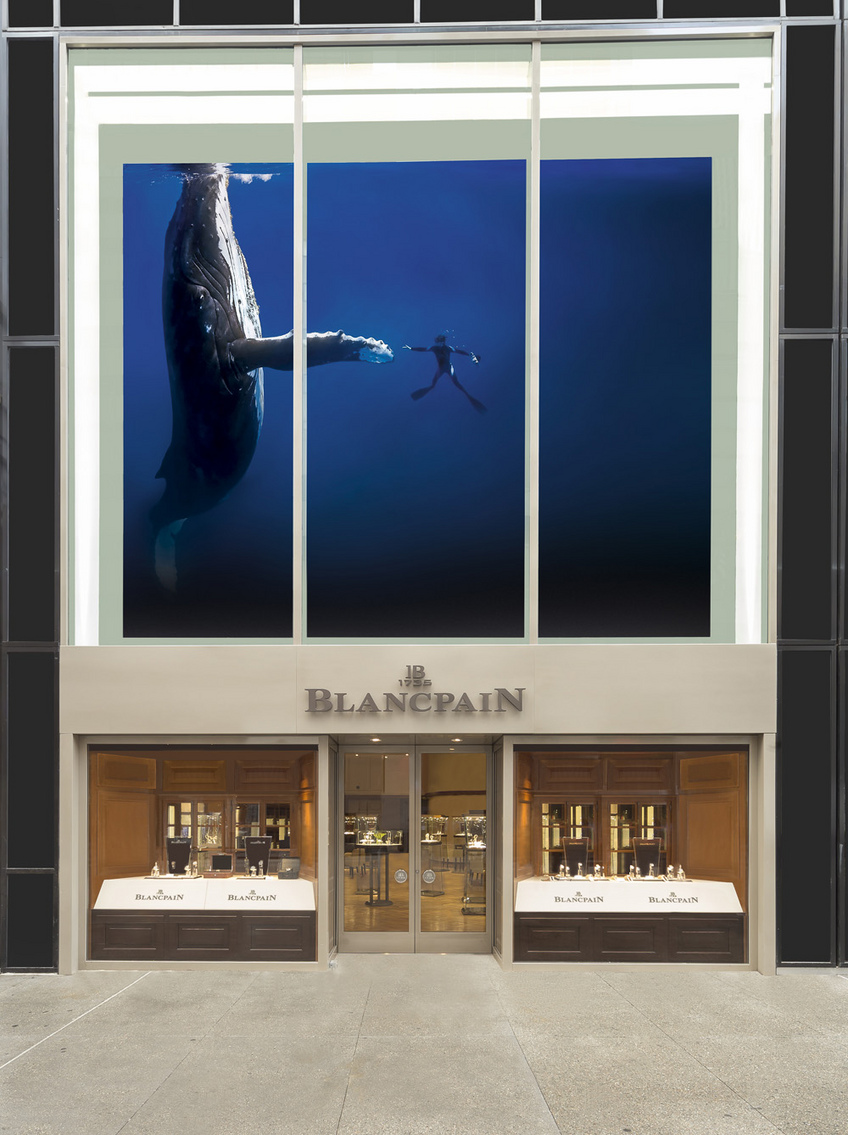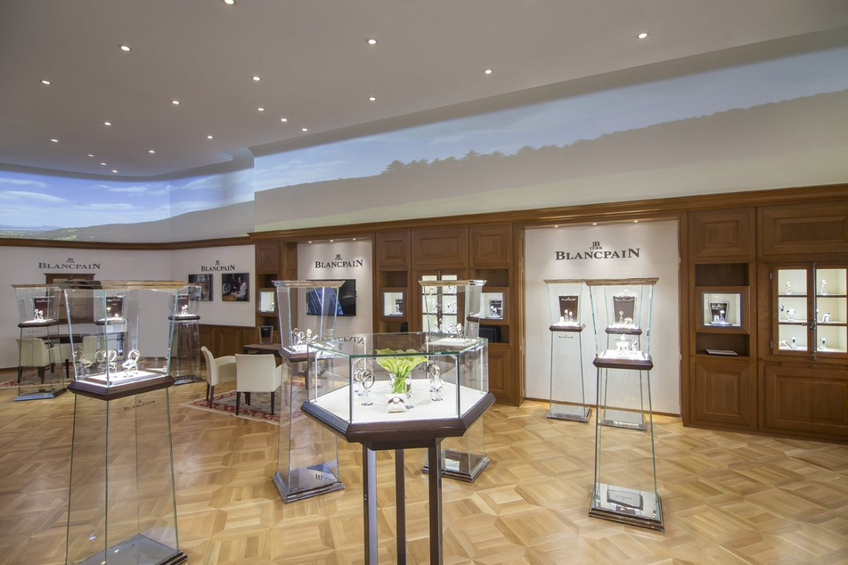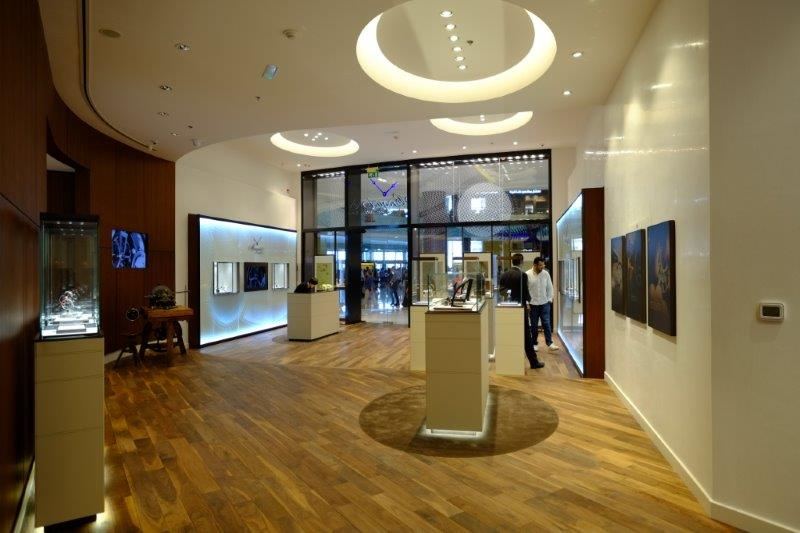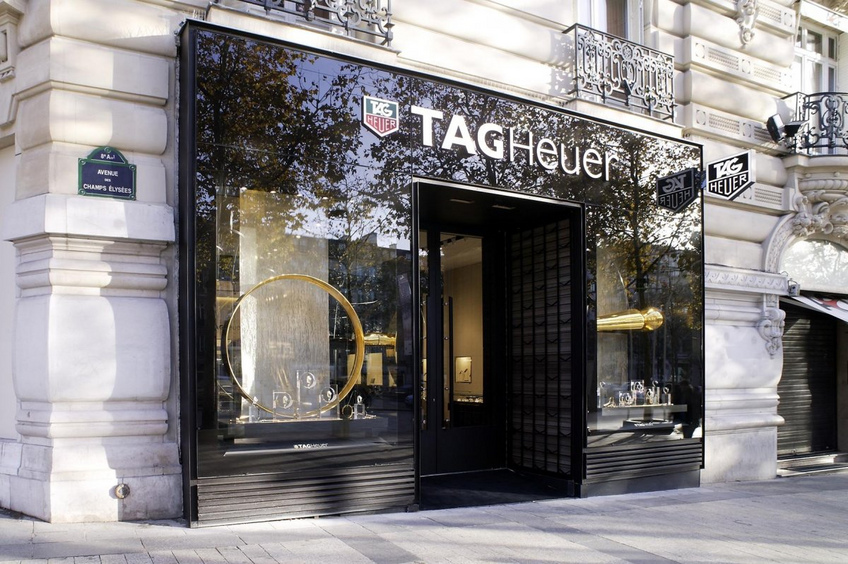

Watchmaking takes the battle to the street!
Are marketing skills, concept coherence and technical mastery enough to ensure brands’ survival? It doesn’t look like it, as brands seem to be engaged in a hunt for the best store locations.
Do you need to be among the best designers or watchmakers to take your brand to the highest level? The obvious answer is yes, as creating a timepiece, particularly a complicated one, requires high technical dexterity. And yet, if we analyze the current competition amongst watchmaking brands, it would seem that the real battle is taking place on the street.
Markets and the importance of points of sale
As mentioned above, watchmaking brands are today less concerned about technical rivalry. In fact, with the development of research and production tools, endless technical advances have been made. This is a good sign, as it goes to show that the thirst to create in watchmaking is not quenched. It is in this way that many watchmaking maisons have proved their know-how and remained the best watch technicians.

Even better, famous jewelry-making companies, which have not been in watchmaking for long, have proved that they can still be leading experts in precious stones and acquire first-class watchmaking skills.

Points of sale are henceforth the fighting grounds of the battle for the market. Watchmakers have understood that the most beautiful watch could not be sold if it wasn’t supported by an advertising campaign and at the disposal of those interested in buying it in the stores. Be it in countries that have watchmaking traditions or in regions where watchmaking is a blooming concept, it is essential for a brand to be present in the best locations: in the most important towns, in the busiest shopping streets and in the most prestigious buildings. Watchmaking groups, which now organize themselves as true war machines, can afford this. They have the choice between opening single-brand stores, or collaborate with prestigious partners. Moreover, if, as is the case of the Swatch Group, they have timepieces of all prices in their catalogue such as Swatch, Breguet or Harry Winston, they can open a whole other series of stores with different levels of luxury, depending on the type of watches they sell.

Strong financial basis
This is a very clever way of conquering markets and making good business, especially if the quality-price ratio is balanced. However, it is very expensive. Groups not only have to find sites in the best places, which are incidentally the most expensive, but also have to play a banking role. Yes, that is right; you haven’t misread anything. Indeed, imagine that a watchmaking company produces a watch and then delivers it to a distributor who sells it to a retailer. When the watch leaves the four walls of the manufacture, the latter is no more responsible for its financial aspect as the watch is sold to the distributor. Therefore, the manufacture immediately collects its fee.

However, it is an entirely different matter when the manufacture sends the watch to a subsidiary, which then distributes it in its stores. Obviously, when talking about brand stores, the brand’s spirit, colors and its complete collection of timepieces are automatically involved. In other words, single-brand stores must have a wide stock of watches in order to meet the requirements of clients.
It is only when the client leaves the store after having bought a watch that the watchmaking company earns its money.

This therefore requires a solid financial basis. Groups may be able to afford it, but it is becoming more and more difficult for independent brands, even the most prestigious ones, to do so. I wonder whether there will be any independent watchmaking brands by 2025.
Thanks to Salva Magaz for the front picture. More info: www.magaz.com



